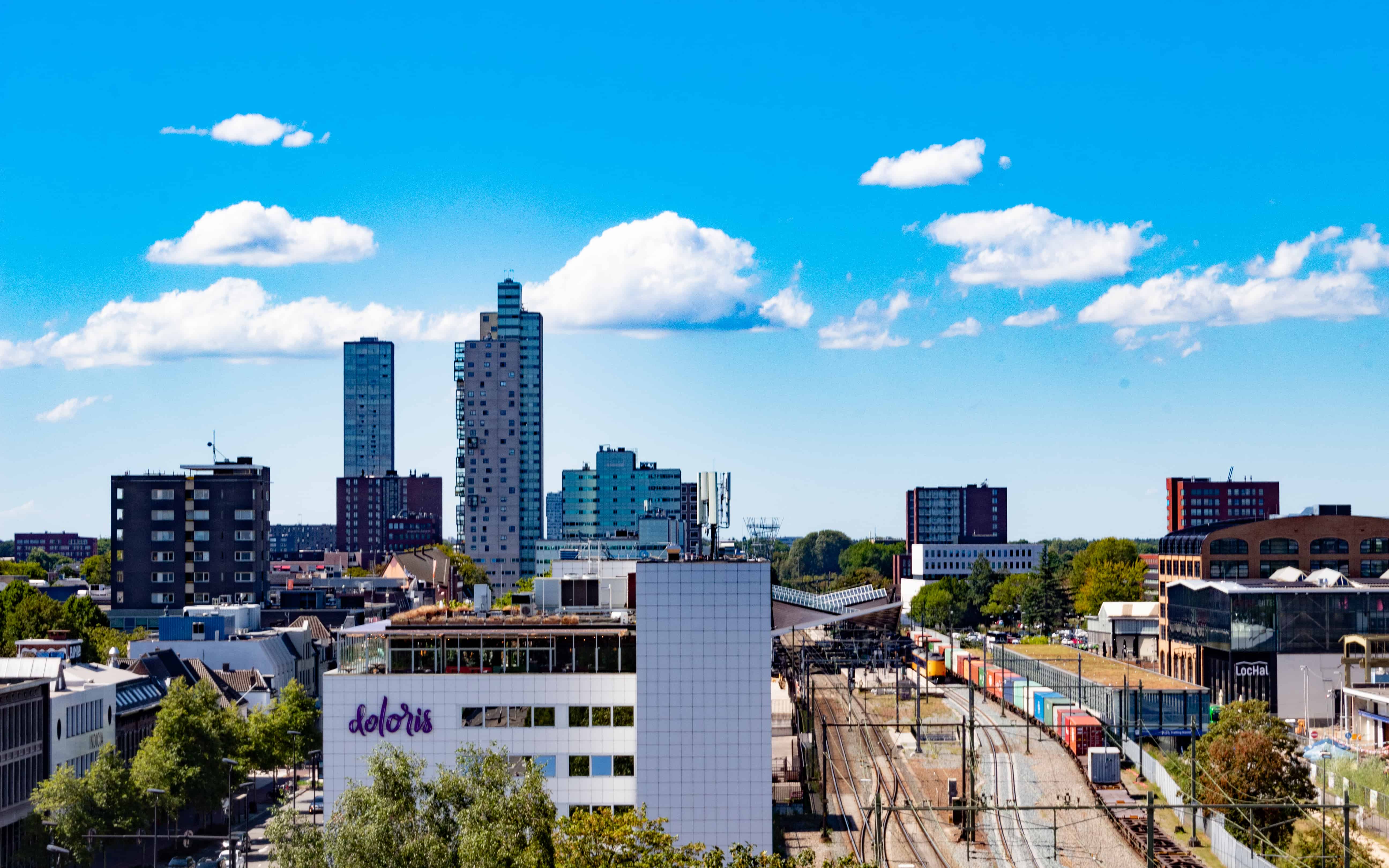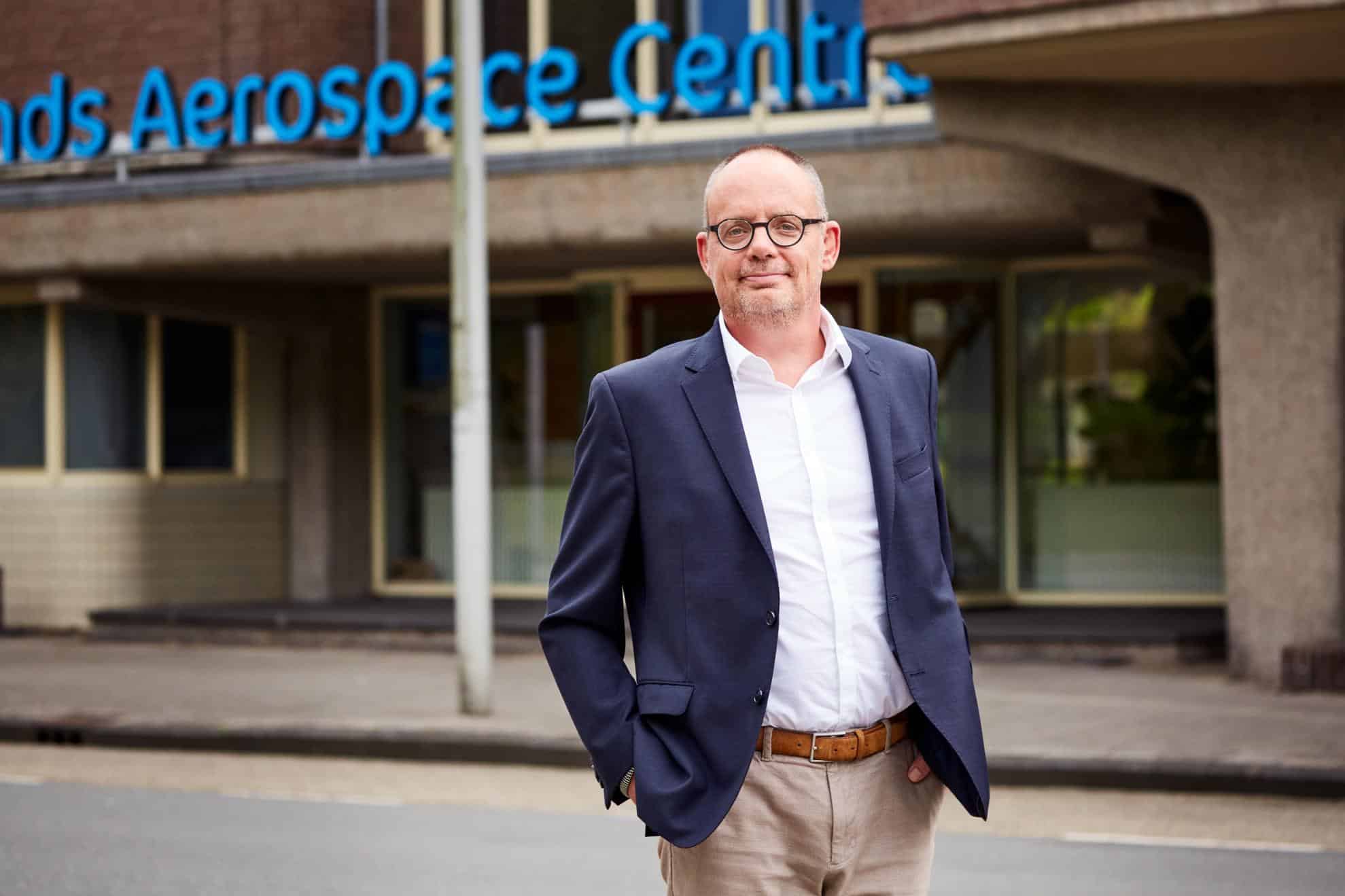
Following the elections, calls for significant restrictions on the influx of asylum seekers and migrants are increasing. Employers in North Brabant and Zeeland express concern about the hostile tone of the debate on migration. It is important to pay more attention to factual information, entrepreneurs from the south believe. Without the contribution of international labour, business activity in these regions, and ultimately across the country, would partially grind to a halt. For this reason, they are sending a position paper to the parties involved in the cabinet formation.
Why you need to know this:
The positive impact of migrant workers on the Dutch economy highlights the importance of a liberal migration policy.
In addition to the national employers’ lobby, VNO-NCW Brabant Zeeland objects, the FD reported. Entrepreneurs in the southern Netherlands are reacting with shock at the anti-migration sentiment during the cabinet formation. The economic success of the region, with considerable expertise in high-tech manufacturing, is at stake, as is the Dutch competitive position. Small and medium-sized companies in particular will feel the impact of a brake on labour migration.
According to VNO-NCW, a long-term vision for the Dutch economy is lacking. The political debate mainly focuses on the housing shortage and pressure on facilities. Nevertheless, there are other sectors, such as the high-tech sector, construction and healthcare, that benefit significantly from foreign labour.

Reduced tax benefit for foreign workers
The Netherlands needs three million more migrant workers in the coming years to keep the economy running. However, concerns are emerging about conditions for these workers. For example, the recent adjustment of the 30-percent scheme, a tax break for skilled migrants, is being amended. Although the scheme was initially valid for five years, the tax-free portion drops from 30 to 20 per cent after the first 20 months, and even to 10 per cent in the final period. This, while it is crucial to attract and retain talent.






